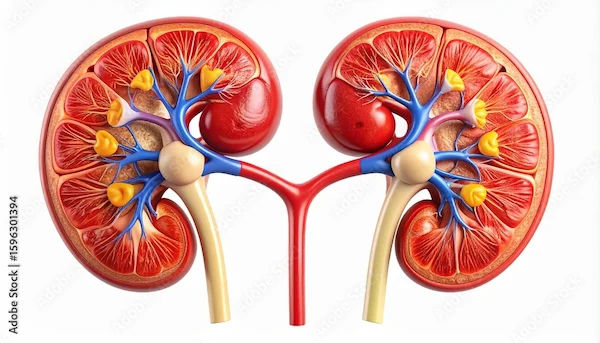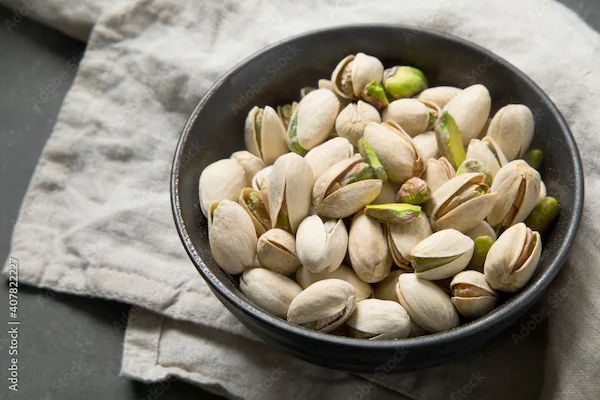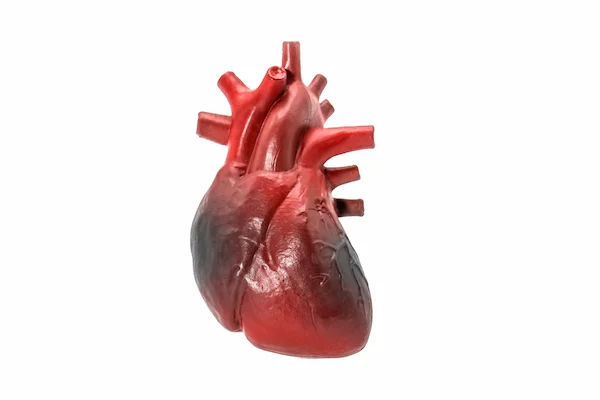Vitamin C Deficiency Treatment Options
Explore the causes, symptoms, and effective treatment options for Vitamin C deficiency. Learn how to boost your levels through diet, supplements, and simple lifestyle changes.

Written by Dr. Shaik Abdul Kalam
Reviewed by Dr. Rohinipriyanka Pondugula MBBS
Last updated on 4th Aug, 2025

Introduction
Vitamin C is an essential nutrient that plays a crucial role in keeping our bodies healthy. It helps in wound healing, boosts immunity, and keeps our skin, bones, and blood vessels strong. However, when our body doesn’t get enough vitamin C, it can lead to a deficiency, causing various health problems.
If you or someone you know is experiencing fatigue, frequent infections, or slow-healing wounds, it could be due to low vitamin C levels. The good news is that vitamin C deficiency is easily treatable with simple dietary changes and supplements.
In this article, we’ll discuss:
What vitamin C deficiency is
Common symptoms to watch for
Causes of deficiency
Effective treatment options
Tips to prevent deficiency
What is Vitamin C Deficiency?
Vitamin C (also known as ascorbic acid) is a water-soluble vitamin, meaning our body doesn’t store it—we need to consume it regularly through food or supplements. A deficiency occurs when the body doesn’t get enough vitamin C over time, leading to a condition called scurvy in severe cases.
While scurvy is rare today, mild deficiencies are still common, especially in people with poor diets, smokers, or those with certain medical conditions.
Symptoms of Vitamin C Deficiency
Early signs of vitamin C deficiency may be subtle but can worsen if left untreated. Common symptoms include:
Fatigue and weakness: Feeling unusually tired despite adequate rest.
Frequent infections: Weak immunity leading to colds, flu, or slow recovery from illnesses.
Bleeding gums & loose teeth: Gums may become swollen, red, and bleed easily.
Slow wound healing: Cuts, bruises, or injuries take longer to heal.
Dry, rough skin: Skin may become dry, scaly, or develop small red spots.
Joint and muscle pain: Aches and stiffness, especially in the legs.
Easy bruising: Bruises appear with minor bumps.
Mood changes: Irritability or low mood due to nutrient imbalance.
If you notice these symptoms, it’s important to consult a doctor for proper diagnosis and treatment.
Causes of Vitamin C Deficiency
Several factors can contribute to low vitamin C levels, including:
1. Poor Diet: Not eating enough fresh fruits and vegetables (especially citrus fruits, bell peppers, and leafy greens).
2. Smoking: Smoking reduces vitamin C absorption and increases the body’s need for it.
3. Alcoholism: Excessive alcohol intake can interfere with nutrient absorption.
4. Digestive Disorders: Conditions like Crohn’s disease or ulcerative colitis can affect vitamin C absorption.
5. Medical Treatments: Certain medications (like chemotherapy) or restrictive diets (e.g., due to food allergies) may lead to deficiency.
Treatment Options for Vitamin C Deficiency
The best way to treat vitamin C deficiency is by increasing intake through diet and supplements. Here’s how:
1. Dietary Changes
The easiest and most natural way to boost vitamin C levels is by eating foods rich in this nutrient. Some excellent sources include:
Citrus fruits: Oranges, lemons, grapefruits
Berries: Strawberries, blueberries, raspberries
Vegetables: Bell peppers, broccoli, Brussels sprouts, spinach
Other fruits: Kiwi, guava, papaya
Try to include at least 2-3 servings of these foods in your daily meals.
Consult Top Nutritionists
2. Vitamin C Supplements
If dietary changes aren’t enough, doctors may recommend supplements. These come in different forms:
Tablets/Capsules: Easy to take, available in different doses.
Chewable/Gummies: Good for those who dislike swallowing pills.
Powder or Effervescent Tablets: Can be mixed with water for a refreshing drink.
Recommended Daily Intake:
Adults: 65–90 mg per day (up to 2000 mg for smokers or those with deficiencies).
Children: 15–75 mg, depending on age.
Always consult a doctor before starting supplements to avoid excess intake, which can cause side effects like stomach upset or kidney stones.
3. Medical Treatment for Severe Cases
In extreme deficiency (scurvy), doctors may prescribe high-dose vitamin C injections or oral supplements for faster recovery. Symptoms usually improve within 24–48 hours, with full recovery in a few weeks.
Preventing Vitamin C Deficiency
Prevention is always better than cure. Here are some simple tips to maintain healthy vitamin C levels:
Eat a balanced diet: Include fresh fruits and vegetables daily.
Avoid overcooking: Vitamin C is heat-sensitive; lightly steam or eat raw for maximum benefits.
Quit smoking: Smoking depletes vitamin C; quitting helps restore levels.
Limit alcohol: Excessive drinking reduces nutrient absorption.
Store foods properly: Exposure to air and light can degrade vitamin C; keep fruits and veggies fresh.
When to See a Doctor?
If you experience persistent fatigue, frequent infections, or other symptoms mentioned earlier, it’s best to get tested. A simple blood test can check your vitamin C levels.
Need help? You can book a consultation with a doctor or schedule a blood test through Apollo 24|7 for quick and reliable results.
Conclusion
Vitamin C deficiency is easily preventable and treatable with the right dietary choices and supplements. By eating a variety of fresh fruits and vegetables and maintaining a healthy lifestyle, you can keep your immunity strong and avoid deficiency-related health issues.
If you suspect a deficiency, don’t ignore the symptoms—early detection and treatment can make a big difference in your overall health.
Consult Top Specialists
Consult Top Nutritionists
Mrs Sneha P V
Nutritionist
10 Years • Master of science in Food and Nutrition
Bengaluru
Apollo Clinic, Sarjapur Road, Bengaluru

Dr. Bhukya Pavan Kalyan
General Physician
5 Years • MBBS DNB Paediatrics
Bengaluru
PRESTIGE SHANTHINIKETAN - SOCIETY CLINIC, Bengaluru

Dr. Ramalinga Reddy
General Physician
5 Years • MBBS MD General medicine
Bengaluru
PRESTIGE SHANTHINIKETAN - SOCIETY CLINIC, Bengaluru
Dt. Ila Sharma
Clinical Nutritionist
18 Years • Master in food & Nutrition
Gurugram
VIPUL GREENS - SOCIETY CLINIC, Gurugram
Dr Sumanth R
General Physician
2 Years • MBBS
Bengaluru
PRESTIGE SHANTHINIKETAN - SOCIETY CLINIC, Bengaluru
Consult Top Specialists
Mrs Sneha P V
Nutritionist
10 Years • Master of science in Food and Nutrition
Bengaluru
Apollo Clinic, Sarjapur Road, Bengaluru

Dr. Bhukya Pavan Kalyan
General Physician
5 Years • MBBS DNB Paediatrics
Bengaluru
PRESTIGE SHANTHINIKETAN - SOCIETY CLINIC, Bengaluru

Dr. Ramalinga Reddy
General Physician
5 Years • MBBS MD General medicine
Bengaluru
PRESTIGE SHANTHINIKETAN - SOCIETY CLINIC, Bengaluru
Dt. Ila Sharma
Clinical Nutritionist
18 Years • Master in food & Nutrition
Gurugram
VIPUL GREENS - SOCIETY CLINIC, Gurugram
Dr Sumanth R
General Physician
2 Years • MBBS
Bengaluru
PRESTIGE SHANTHINIKETAN - SOCIETY CLINIC, Bengaluru




